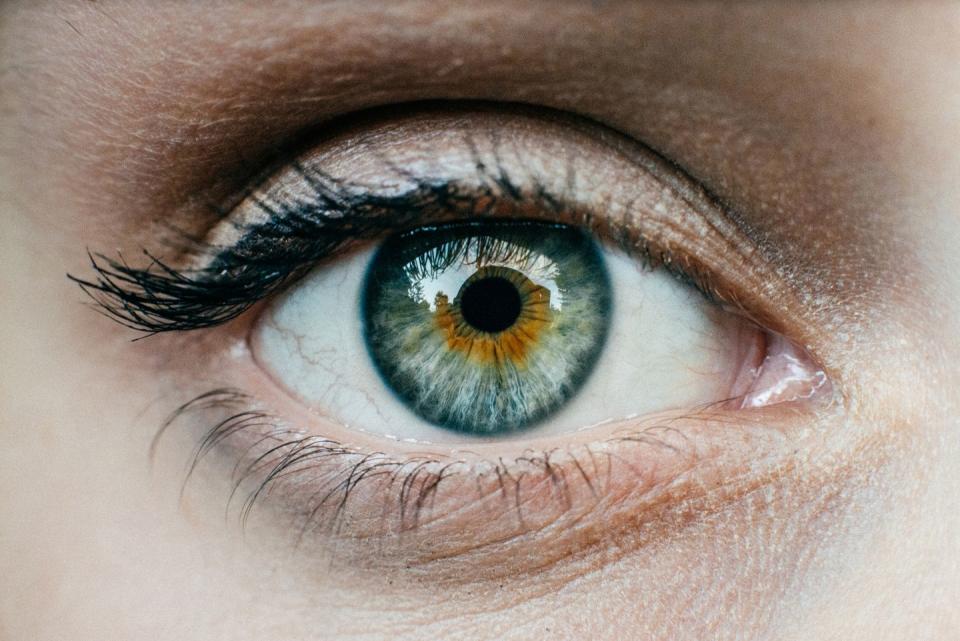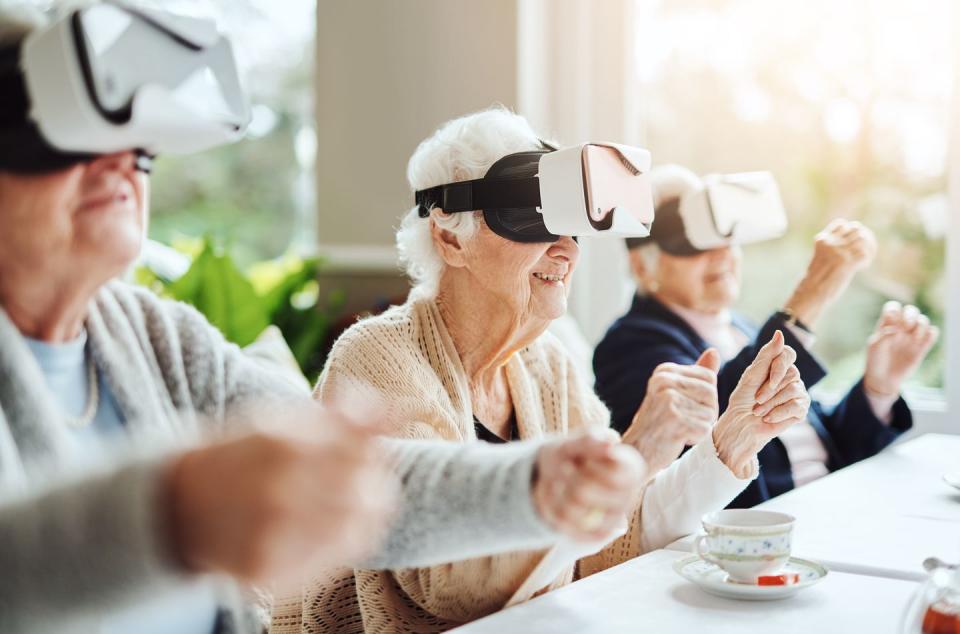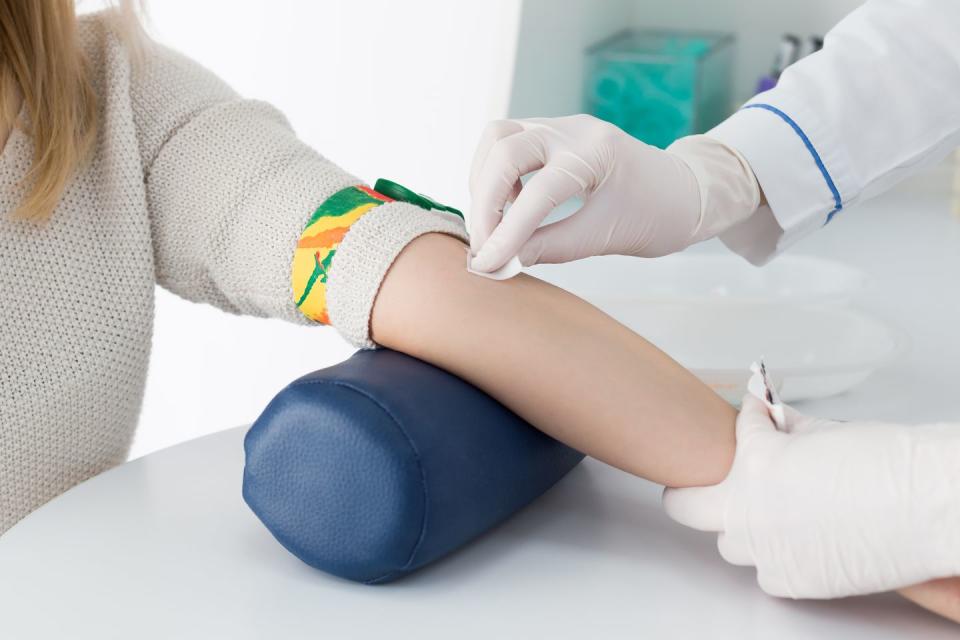These New Tests Are Changing the Way We Fight Alzheimer's

Intriguing new research may make it easier to detect Alzheimer's—the degenerative neurological disease that affects more than 5 million Americans—in its very earliest stages, perhaps even a decade before the first symptoms of memory loss and confusion appear. And while we still don't have a cure for the disease, catching it in the early, pre-dementia stages could be the key to keeping your brain as strong as possible for as long as possible, say experts.
"Early detection of Alzheimer's is so important, because most of the available treatments right now are more effective at the earliest stages in the disease process," says Elise Caccappolo, PhD, associate professor of neuropsychology at Columbia University Medical Center. “There are also many lifestyle changes you can make—exercising more, eating a healthy diet, continuing to learn new skills–that can push your symptoms further down the road.” And when we do finally have a cure, Caccappolo adds, it will likely be most effective on patients who are not yet in the later stages of the disease.
Here are three new tests that may give patients a head-start on battling the disease:

A New Eye Test
A growing body of research suggests that peepers could help reveal Alzheimer’s risk earlier. In one of the newest developments, researchers from Boston Medical Center took eye fluid from 80 patients who’d undergone eye surgery and found that those with cognitive impairment had lower levels of two proteins considered to be biomarkers for Alzheimer’s disease. This bolsters previous studies that found certain changes to retinal blood vessels to be associated with cognition and memory problems. The next step? Researchers hope to do additional clinical trials that incorporate neurological testing as well.

Virtual Reality Screenings
Virtual reality (VR) goggles may have a much more important function than entertaining teenagers: One of the first regions of the brain to be affected by Alzheimer’s is the entorhinal cortex, which is basically the body’s internal navigation system. This is why one of the first warning signs of Alzheimer’s is when a patient gets lost easily, even in familiar places. Researchers at the University of Cambridge in England asked 45 patients with mild cognitive impairment (MCI) to complete a VR exercise in which they had to walk through a simulated environment to complete a task. Those who had biomarkers for Alzheimer’s performed worse on the test than those who had MCI due to some other factor, such as aging or stress, demonstrating that the high-tech gadget may someday be used to identify early Alzheimer’s without requiring invasive tests.

Super-Accurate Blood Tests
Several new blood tests are in development that may spot markers for Alzheimer’s up to a decade before symptoms appear. One test looks at fats in the bloodstream, and another looks at proteins—in trials, both were able to predict the onset of Alzheimer’s within 1 to 3 years with up to 90% accuracy. But the newest blood test looks at a brain protein called IRS-1, which plays a role in insulin signaling in the brain and is commonly defective in people with the disease. Researchers from the National Institute on Aging gathered samples from 174 people with Alzheimer’s, along with 20 people who had diabetes and a group of 84 healthy people. Those with Alzheimer’s had higher amounts of the inactive form of IRS-1 and lower amounts of the active form than those adults who were healthy. The blood test is still in development, but the researchers said the results were so clear-cut, they predict it will eventually be able to diagnose early Alzheimer’s with 100 percent accuracy.
Stay updated on the latest science-backed health, fitness, and nutrition news by signing up for the Prevention.com newsletter here. For more fun, follow us on Instagram.
You Might Also Like

